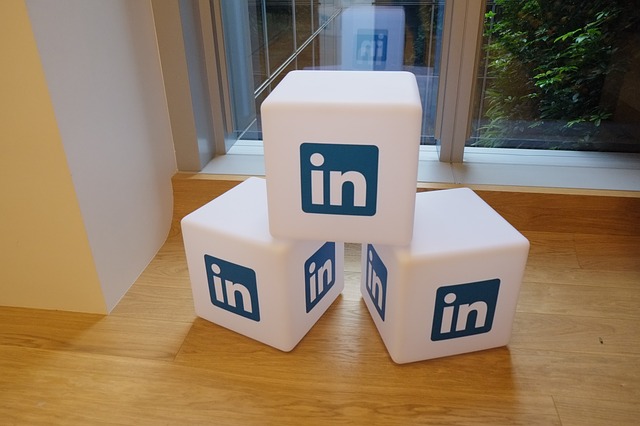Have you been meaning to update your LinkedIn profile and just haven’t gotten around to it? You’re not alone, and I hope this article will lead you to rethink that position. That’s because the seemingly harmless act of ignoring your profile can cost you, especially in the area of new business opportunities.
Read on to see what happened to three professionals who didn’t update their profiles.
An inaccurate profile
Barry is a partner in a Tier 1 accounting firm. He’s been there nearly two years. He hasn’t bothered to update his LinkedIn profile since he joined the firm. It just doesn’t seem important.
When potential new clients check him out on LinkedIn (as 59.9% of them will do), they become confused. Barry says he’s a partner at Company A, but LinkedIn says he works at Company B. Which is true?
Doubt = risk = lost opportunity.
An incomplete profile
Rebecca is a partner at a top 500 law firm. Her LinkedIn profile is incomplete. No picture. No details beyond a list of jobs. She knows she needs to do something about it but she’s working her butt off and can’t give it the time.
Meanwhile, Austin is GC at a pharmaceutical company. He saw Rebecca speak a few years ago at a conference. He remembers enough to find her LinkedIn profile, but it’s practically blank. Although she works at a firm with a stellar reputation, he finds other attorneys with Rebecca’s experience who share their backgrounds. He’s more comfortable contacting them. He never gives Rebecca a second thought.
An invisible profile
Roger is a transfer pricing economist in New York City. There are 183 attorneys in New York on LinkedIn who might need his services. But Roger’s profile does not show up on a LinkedIn search. Instead, anyone looking will find 21 other people who can do the job. Roger never even gets a first thought.
Inaccuracy, incompleteness, and no search optimization. How much new business are you missing because of any of these?
The LinkedIn profile has become an essential tool for getting new business.
Not too long ago, Barry, Rebecca and Roger might have been able to ignore LinkedIn without too much ill effect. Client recommendations, a few speaking engagements, and publishing some articles were enough to meet most new business needs.
But the world has changed, and now more than 30% of professional services buyers find providers with an online search. In today’s market, even client-recommended future clients are checking out references on social media (source).
If you’re not putting yourself forward in the best possible light, providing relevant details, and allowing potential new clients to get to know you before committing to a phone call, you’re putting yourself at a great disadvantage.
4 reasons why buyers are making LinkedIn a key part of their decision-making process
Multiple studies have included questions to determine why buyers rely on social media in general, LinkedIn especially, to help them find solutions to problems and make buying decisions. The answers tend to fall into the following categories:
- Access: Social media provides buyers access to a much broader network of peers and experts than they can otherwise tap into. Think about it: let’s say you’re in the US and you need a consultant to help you determine why your employee churn is so high and to fix the leak. By running a quick search on LinkedIn you can identify a large portion of management consultants with experience in handling employee retention issues. From there you can reach out to any one of them for help. Where else can you do that?
- Trust: 58% of buyers say they go to social media to learn from trustworthy peers and experts. Buyers feel more confident they can identify true experts and get trustworthy information, especially on LinkedIn. I believe this is at least partially due to the transparency of the network. It’s much more difficult to claim false experience or accomplishments when those claims are easily viewed and disputed by people who know the truth.
- Efficiency: There once was a time when buyers had to shoot out email messages and call around to find out who might be able to help them. Then they had to contact each person individually to ask about solutions. Sometimes they had to go to conferences just to ask their questions. All this before even being sure of what they were looking for. Today, with the use of social media, buyers can connect with experts, get answers, and vet solutions quickly and easily from the comfort of their office, home or even the kids’ soccer match.
- Relevance: Buyers also like social media because it provides context in which to connect with providers. This is like attending an offline networking event or conference, except they don’t have to go anywhere. This is especially true of LinkedIn, which is a business-to-business networking site uncluttered with cat videos or other distractions.
So give them what they want.
Access. Trust. Efficiency. Relevance. These are all achievable starting with a complete, accurate, and polished profile.
Here’s how you can get started now:
Sometimes the hardest part is the first step. Go to LinkedIn and look at your profile. Does it need to be updated? Do it now.
If you’re the DIY type, you can download a free copy of our LinkedIn Profile Guide to help you create a more powerful profile (no form required).







